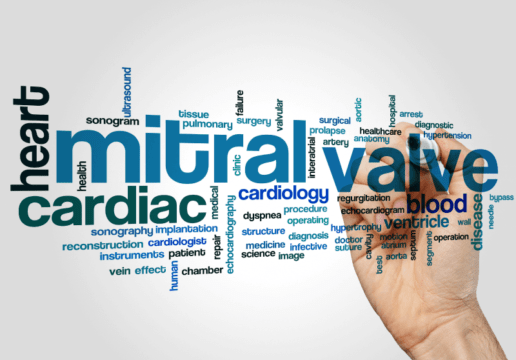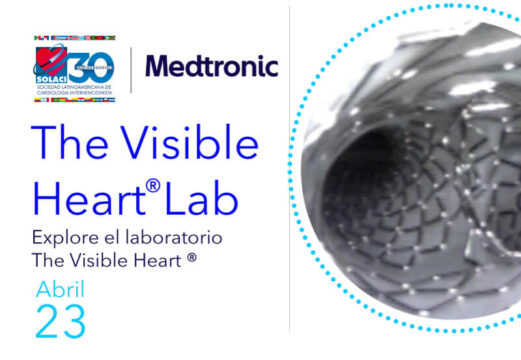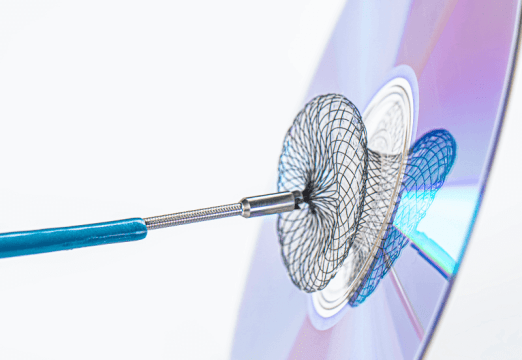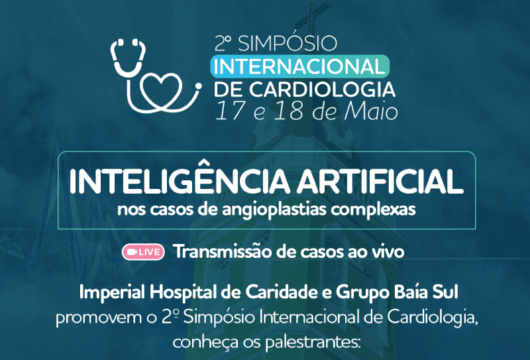Courtesy of Dr. Agustín Vecchia.

The following is a phase 3, randomized, double-blind multicenter trial comparing three groups of patients: active treatment through intramyocardial administration of CD34+ stem cells (autologous, purified), standard of care (open-label), or intramyocardial administration of a placebo.
-The primary efficacy endpoint was exercise tolerance at 1 year.
-The secondary endpoints were changes in angina frequency at 3, 6, and 12 months, and exercise tolerance at 3 and 6 months.
-The safety endpoint was the incidence of major adverse cardiac events (MACE) through 24 months.
The sponsor terminated the trial early due to strategic considerations after enrolling 112 (of 444 planned) patients.
The difference in exercise time between patients treated with stem cells versus those who received placebo was:
– 61 seconds at 3 months (95% confidence interval [CI]: -2.9 to 124.8; p = 0.06).
– 46.2 seconds at 6 months (95% CI: -28.0 to 120.4; p = 0.22).
– 36.6 seconds at 12 months (95% CI: -56.1 to 129.2; p = 0.43).
As regards angina frequency, it decreased at 6 months (relative risk [RR] 0,63; p = 0,05).
Stem cell administration seems to be safe compared to the other treatments. MACE:
-67.9% for standard of care.
-42.9% for the active control group.
-46.0% for the CD34+ group.
Conclusion
Early study termination hinders the inference of conclusions. Still, trends are consistent with those observed in other studies (ACT34) and findings highlight the need for a definite trial to prove the efficacy of this treatment.
Editorial
The early termination of RENEW turns it into a study incapable of assessing the primary outcome proposed by the authors. In spite of that, the fact that patients in the CD34+ group presented better exercise tolerance values for all assessed periods and decreased angina frequency at 3 and 6 months should be underscored.
Another strong argument in favor is that no complications associated to the procedure (ventricular perforations, MACE, ventricular arrhythmias) were observed.
Another consideration is the high benefit percentage of the “placebo effect” in the active control group, which was not observed in previous studies (e.g., the ACT34 trial).
Finally, results demand a new randomized trial on this topic.
Original title: The RENEW Trial Efficacy and Safety of Intramyocardial Autologous CD34+ Cell Administration in Patients With Refractory Angina.
Reference: Povsic TJ et al. J Am Coll Cardiol Intv. 2016;9(15):1576-1585.
Courtesy of Dr. Agustín Vecchia. Buenos Aires German Hospital, Argentina.
We are interested in your opinion. Please, leave your comments, thoughts, questions, etc., below. They will be most welcome.





